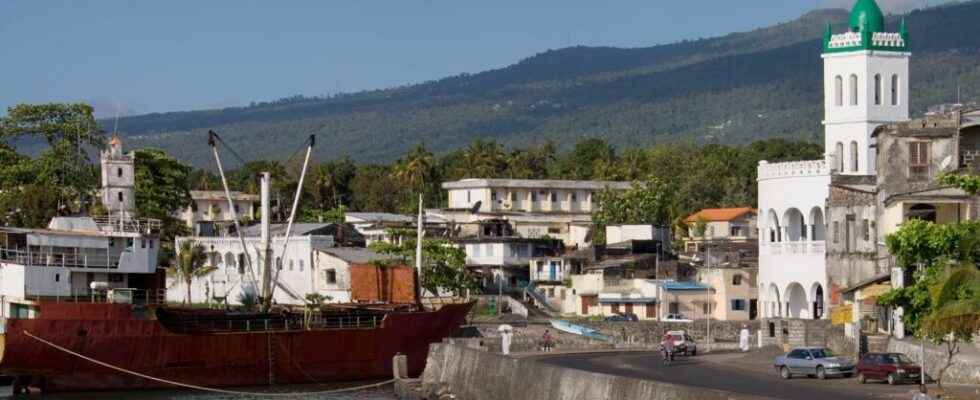Salim Hatubou, Comoros’ most prolific writer, must be turning in the grave. The public library that bears his name, in Moroni, has just closed its doors for good. Opened after his death in 2015, the library did not survive the many difficulties it faced. The Ministry of Culture is singled out, he who was conspicuous by his absence, according to actors in the field of culture.
With our correspondent in Moroni, Abdullah Mzembaba
It is a difficult but necessary decision, according to officials of the Center for artistic and cultural creation of the Comoros (CCAC). Many conditions motivated this permanent closure, including the difficulties of paying the only librarian for a salary of 300 euros, but also the theft of the only existing computer and above all the lack of support from the State.
” It’s a whole machine that didn’t work »
“We are coming to sad news which is the permanent closure of the Salim-Hatubou library. It is a library that has been used a lot by the children of the surroundings, of the public schools and of the primary schools which are around this centre. Unfortunately, we come to the end because we can’t hold that library. Despite all that, it’s a whole machine that hasn’t worked. It is the machine of Education, the machine of the Ministry of Culture which failed to take advantage of the opportunity of these goodwill who were there to help, accompany, push. Today, we are forced to stop definitively ”underlines Soumette Ahmed, director of the CCAC.
For many actors in the field of Culture, the authorities have never assumed their role. Mohamed Toihiri, the first Comorian writer, is bitter about the closure of the Salim-Hatubou library. For him, ” the Comorian State has never had a role in terms of culture and appoints a so-called responsible for Culture but without offering him the means to carry out his mission”.
There is more public libraries in the Comoros
The Ministry of Culture did not react to this closure and did not respond to our requests for interviews either. As for the 1,500 books, the CCAC offered them to other libraries, particularly schools, so that they could be used by others.
In the Comoros, there are currently no more public libraries.
Read also: Comoros: students on strike to denounce their living conditions
